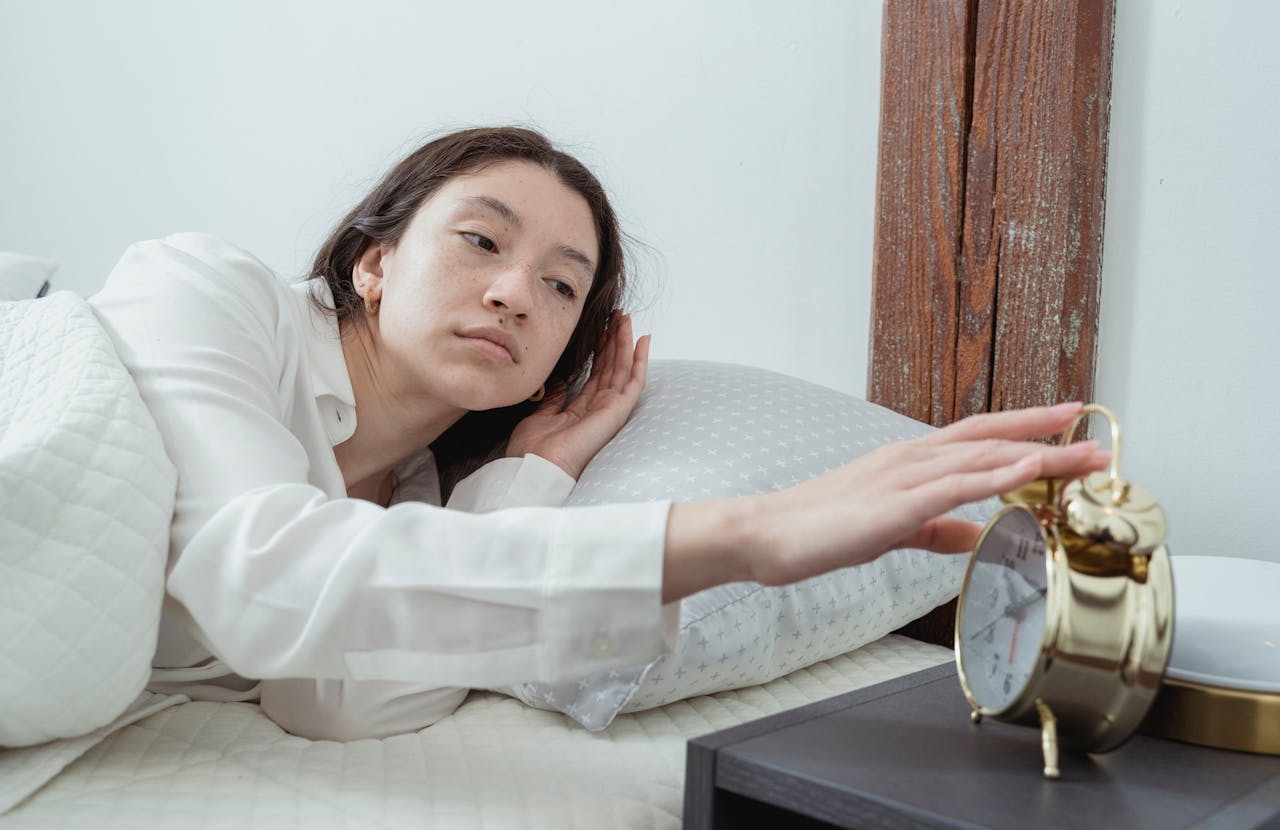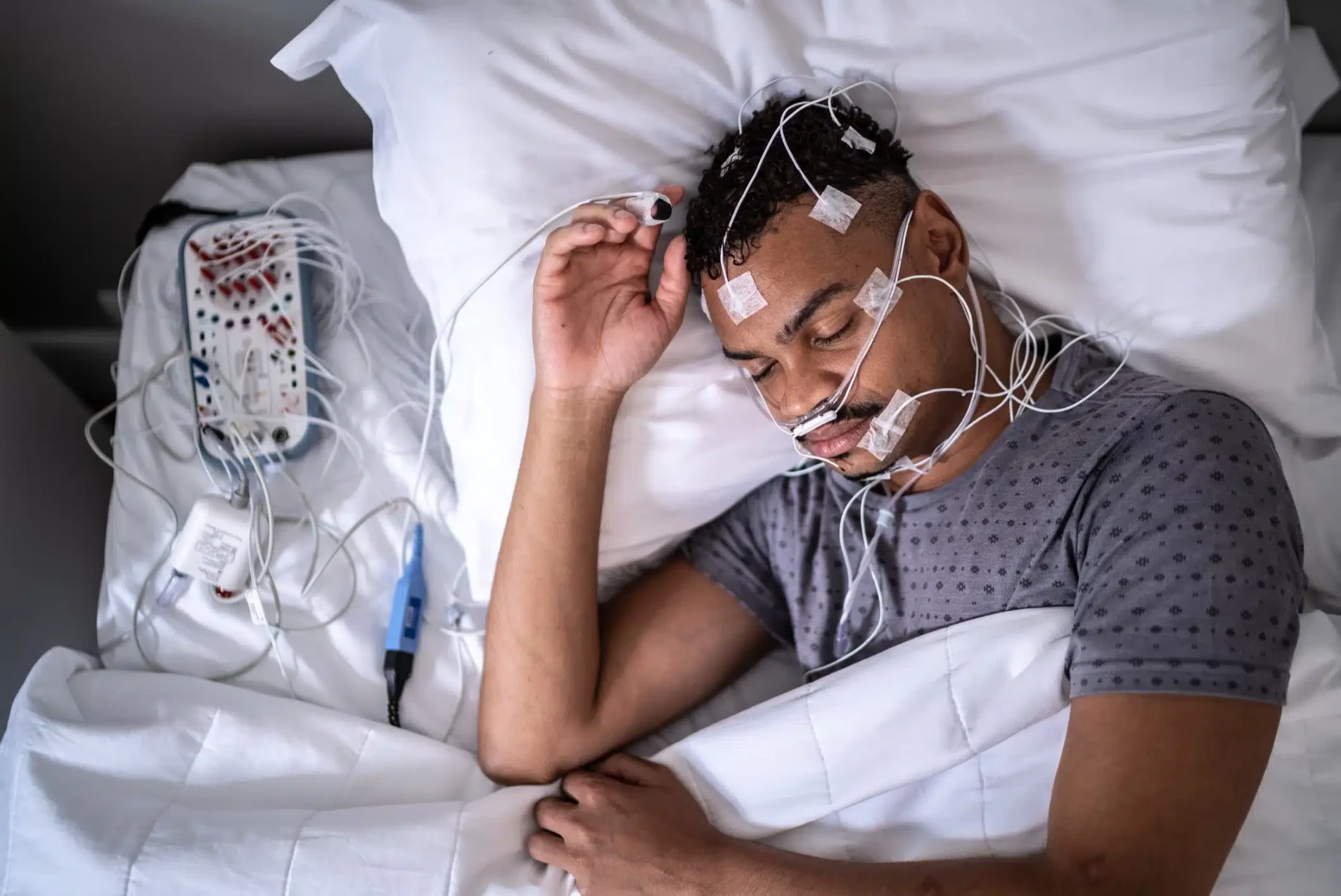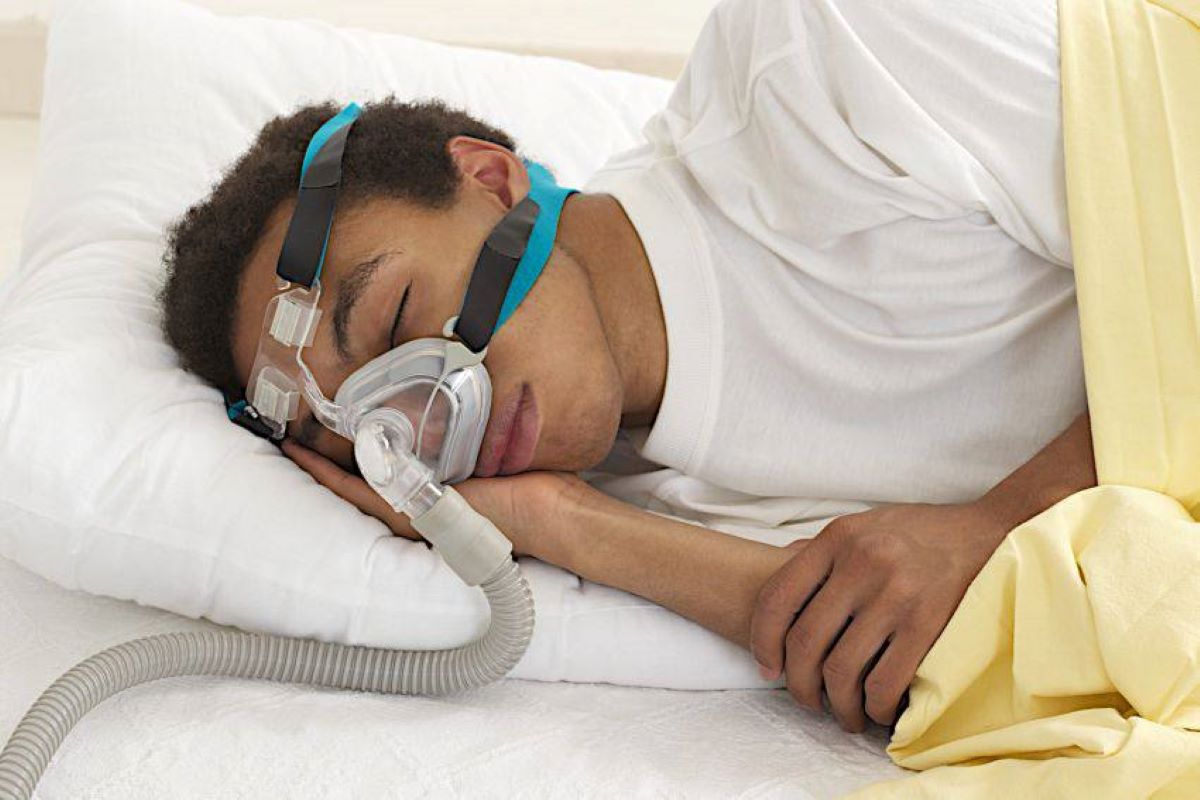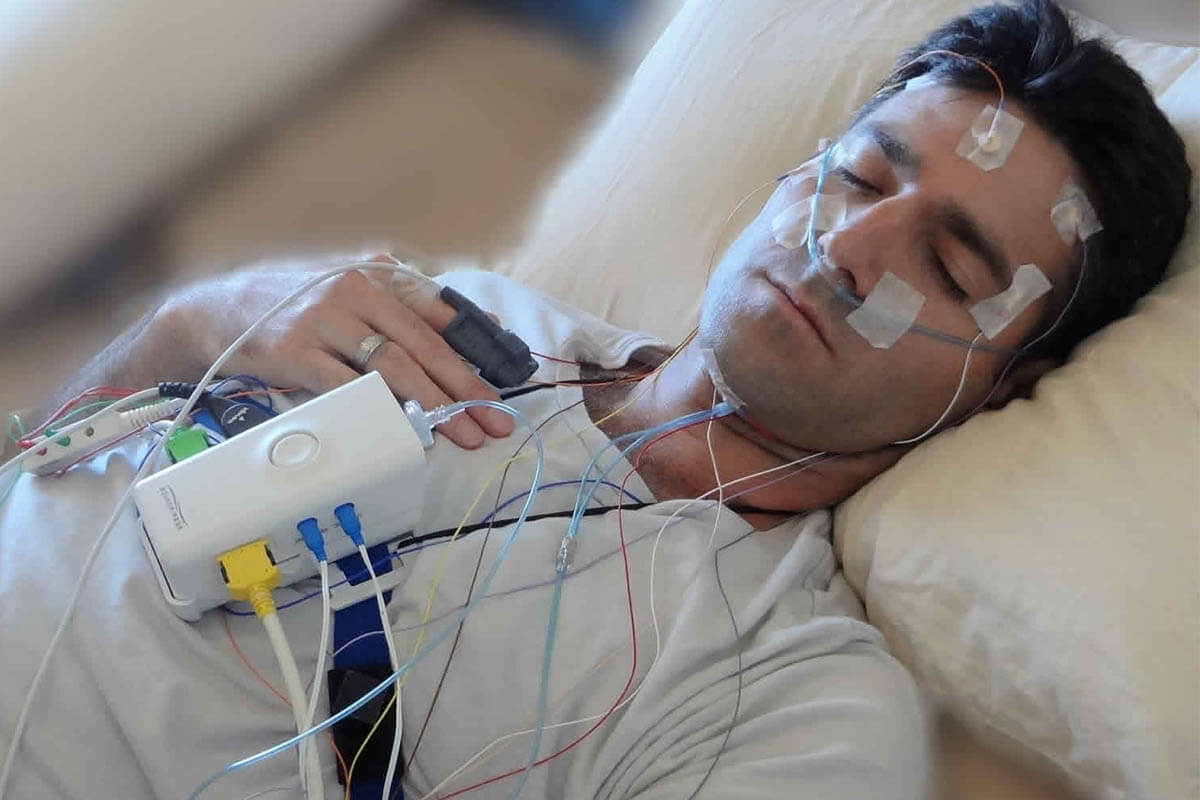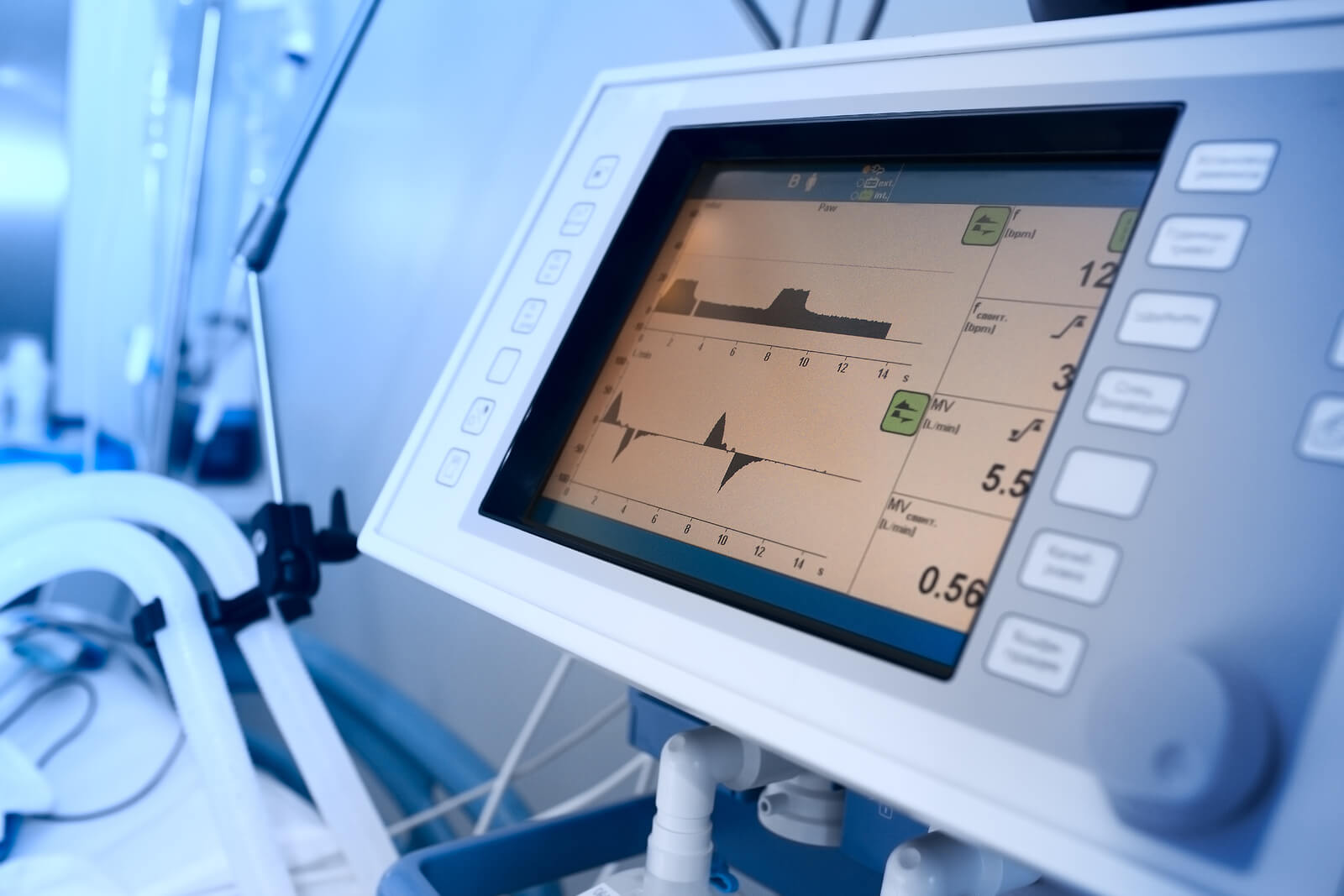How Sleep Apnea Affects Your Heart Health and Blood Pressure
Why Understanding Sleep Apnea Matters If you’ve ever woken up feeling exhausted, even after a full night’s sleep, or your partner complains about your loud snoring, sleep apnea could be the hidden culprit. But what many people don’t realize is that this sleep disorder doesn’t just affect your rest — it can also put your heart health and blood pressure at serious risk. Sleep apnea, especially obstructive sleep apnea (OSA), interrupts your breathing multiple times throughout the night. Each pause deprives your body of oxygen, triggering a chain reaction that can damage your heart, increase your blood pressure, and lead to chronic cardiovascular disease if untreated. Let’s explore how sleep apnea affects your heart, why it raises blood pressure, and what treatments can help you breathe — and live — better. Understanding Sleep Apnea and Its Types Sleep apnea is a sleep disorder that causes your breathing to stop and start repeatedly while you sleep. The three main types include: No matter the type, the effect is the same — your body is deprived of oxygen, forcing your cardiovascular system to work overtime. How Sleep Apnea Impacts the Heart 1. Oxygen Deprivation Puts Stress on the Heart When your breathing pauses during sleep, your oxygen levels drop sharply. Your brain senses the lack of oxygen and sends an emergency signal to wake you up briefly so you can breathe again. This constant “stop-start” breathing pattern stresses your heart by causing sudden changes in blood oxygen levels and heart rate. Over time, this strain can contribute to heart disease, arrhythmias, and heart failure. 2. Increases Sympathetic Nervous System Activity Sleep apnea activates your sympathetic nervous system — the body’s “fight or flight” response. Normally, this system slows down at night, allowing your body to rest. But with sleep apnea, it stays active, keeping your heart rate high and your blood pressure elevated even while you’re asleep. This constant activation increases your risk of hypertension (high blood pressure) and long-term cardiac fatigue. 3. Raises Risk of Irregular Heart Rhythms People with sleep apnea are more likely to experience atrial fibrillation (AFib) — an irregular, often rapid heart rhythm that can cause blood clots, stroke, and heart failure. The repeated oxygen dips and surges can irritate the heart’s electrical system, disrupting its normal rhythm. 4. Leads to Inflammation and Artery Damage Chronic oxygen deprivation from sleep apnea triggers inflammation and the release of harmful stress hormones. These changes can damage the lining of blood vessels, making arteries less flexible and promoting plaque buildup. This process contributes to atherosclerosis, increasing the risk of heart attack and stroke. Sleep Apnea and High Blood Pressure: The Dangerous Connection The Nighttime Spike Effect One of the most direct consequences of sleep apnea is elevated blood pressure. Every time your breathing stops, oxygen levels fall, and your body releases stress hormones like adrenaline. These hormones constrict blood vessels, forcing your blood pressure to rise. Even after you wake up, your body may remain in this “high alert” mode, keeping your blood pressure elevated throughout the day. Morning Hypertension People with untreated sleep apnea often wake up with morning headaches and high blood pressure. Over time, this can progress to resistant hypertension — a type of blood pressure that remains high even with medication. The Vicious Cycle Sleep apnea and hypertension feed off each other. High blood pressure can worsen sleep apnea by narrowing blood vessels in the airway, while untreated sleep apnea keeps your blood pressure high. Breaking this cycle requires addressing both conditions simultaneously. Who Is Most at Risk? Certain factors increase your risk of developing sleep apnea and its cardiovascular effects: Treatment Options: Protecting Your Heart Through Better Sleep The good news? Treating sleep apnea not only improves your sleep — it can dramatically improve your heart health and lower blood pressure. 1. CPAP Therapy Continuous Positive Airway Pressure (CPAP) therapy remains the gold standard for treating obstructive sleep apnea. The device keeps your airway open by delivering a steady stream of air through a mask. Studies show CPAP use can reduce blood pressure and lower the risk of heart disease and stroke. 2. Weight Loss and Exercise Even modest weight loss can decrease the severity of sleep apnea and reduce strain on the heart. Regular physical activity helps regulate blood pressure, boost oxygen circulation, and improve overall sleep quality. 3. Oral Appliances Custom-made dental devices reposition the lower jaw and tongue to keep the airway open — effective for mild to moderate cases. 4. Lifestyle Modifications 5. Surgery For patients with structural blockages (such as enlarged tonsils or deviated septum), surgery may be necessary to restore proper airflow. Long-Term Benefits of Treating Sleep Apnea Treating sleep apnea can have a transformative effect on your cardiovascular health. Benefits include: Most importantly, consistent treatment helps prevent silent heart damage that can develop over time from chronic oxygen deprivation. Conclusion: Sleep Better, Protect Your Heart Sleep apnea doesn’t just steal your rest — it silently strains your heart and elevates your blood pressure every night. The connection between sleep health and heart health is undeniable. If you’re constantly tired after sleeping, snore loudly, or have been diagnosed with hypertension that’s hard to control, it’s time to talk to a sleep specialist.With proper diagnosis, treatment, and lifestyle changes, you can protect your heart, lower your blood pressure, and reclaim the restful sleep your body deserves. FAQS

